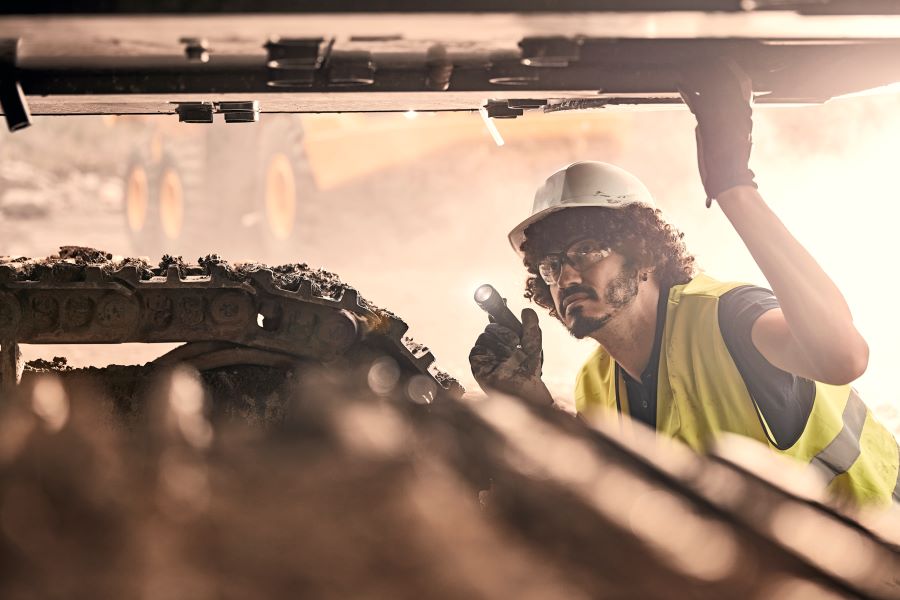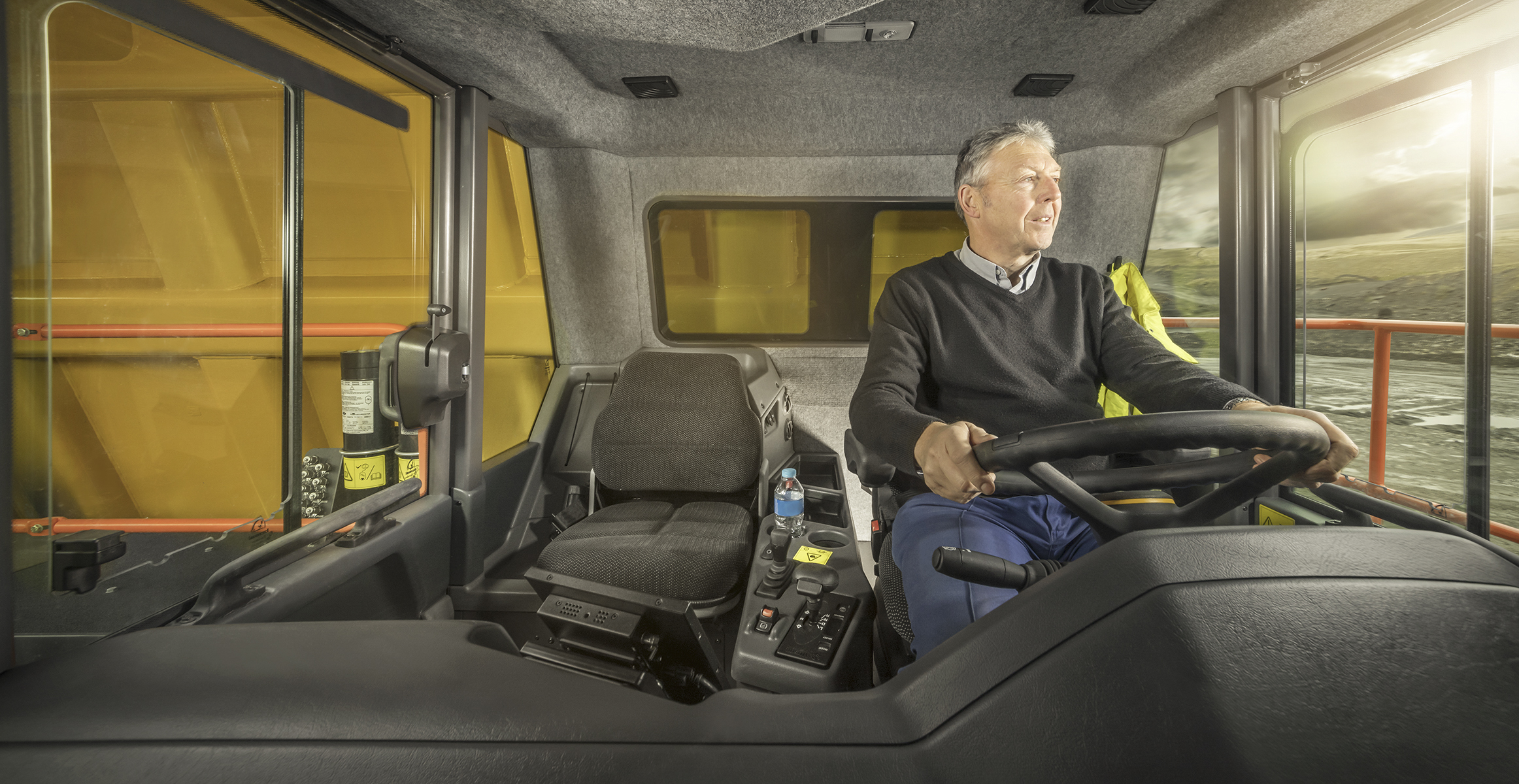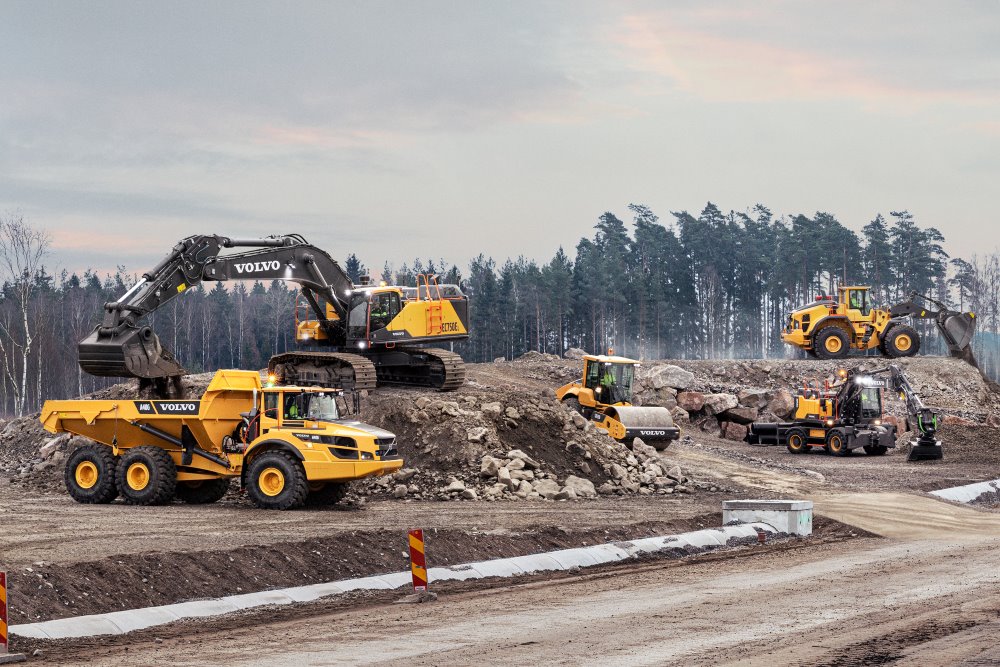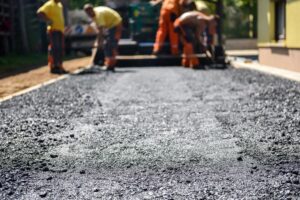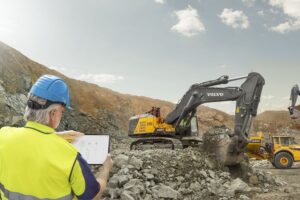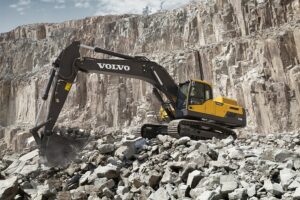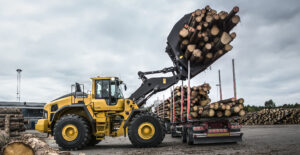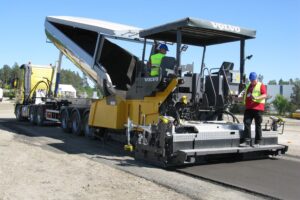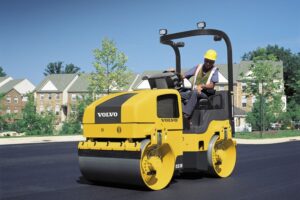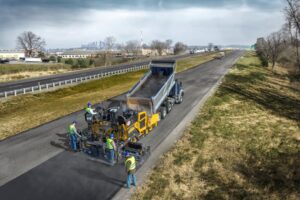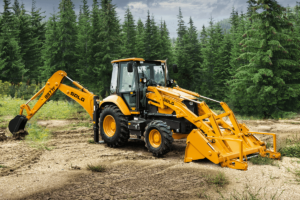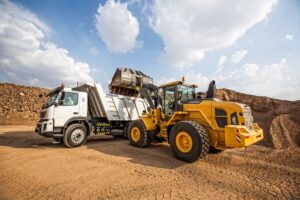Any company that uses construction equipment, knows how important it is to have a heavy equipment maintenance checklist to ensure that the machines are well taken care of.
After all, a well-maintained machine can equate to consistent work performance, which can translate to a more predictable work site and better profitability. Leading to bigger successes for your business.
What is the Importance of Construction Equipment Maintenance?
Now, you may be wondering why it’s so important to have the proper construction equipment maintenance systems in place.
Simple, it’s because when you maintain your construction heavy equipment well, you’re priming it for its best performance. Proper maintenance can guarantee the durability and longevity of your assets. It can also ensure the safety of your operations and your team on the work site.
Aside from that, keeping your equipment in top form can ensure bigger savings over time because repair jobs are much more costly than preventative maintenance. This can also lead to a higher resale value of your equipment because it’s properly maintained.
Construction Equipment Maintenance Checklist
To effectively maintain your construction equipment, there are several steps you’ll need to go through to ensure the optimal condition of your equipment.
Here’s a checklist to help you get started:
Operation Checks
Before your operators start your machine, we recommend doing a quick walk-through of your machine to ensure that it’s safe to operate.
- Is the vehicle parked in a safe area? Are there any hazards overhead that the operator should take note of?
- Is the vehicle in good condition? Are there any dents or loose parts that should be noted?
- Is the vehicle’s coolant, engine oil, windshield washer, and power steering fluids ample?
- Are the caps on the fluids secured?
- Is the vehicle’s undercarriage working well? Are there any missing parts or dents that should be noted?
- Are there any signs of leakages underneath the vehicle?
- Are the tires in good condition?
- Are the belts of the vehicle free of cracks, splits, or frays?
- Are the vehicle’s hoses secure?
- Is the battery safe to use? Are there any signs of corrosion? Are the cables, connections, and clamps in good condition?
- Are the vehicle’s mirrors clear?
- Is the seat belt working?
- Have any of the findings been logged?
Once the vehicle has been turned on, your operator should check the following items:
- Are there no alerts on the dashboard?
- Are there any noises that are out of the ordinary?
- Are the gauges on the dashboard on a safe level?
- Are the hydraulics working well?
- Are the brakes working properly?
- Are all the lights functioning? (Headlights, brake lights, signal lights, high beams)
During the operations, your drivers should still stay vigilant about the machine’s performance. If there are any unusual noises, dips on the gauges on the dashboard, or any changes in performance, your driver should immediately alert their supervisor.
When the operations are over, there are still some things that your drivers should take note of.
- What is the fuel tank level? Is the machine due for refueling?
- Was the vehicle’s parking brake engaged?
- Does the vehicle need to be washed?
- Have these details been documented properly?
Regular Maintenance Checks
Aside from checks that your drivers must do before operating the vehicle, routine maintenance checks are also a critical part of the maintenance process.
After all, preventative maintenance can ensure that corrective action is taken before certain damages turn irreparable. It can also ensure that your unit will operate smoothly for months to come because it undergoes a strict inspection, performance testing, and component replacement process during this check.
By undergoing a comprehensive preventative maintenance program, you’re guaranteed better equipment life and reduced chances of machine breakdowns, which can guarantee your company’s reliability.
Aside from this, preventative maintenance can come out much cheaper than repairs. Repairs can mean that something is broken in your machine, and it can come out to a heftier bill. This sudden downtime can also result in delaying your work timeline, which can lead to losses for your business.
Tips to Making Your Construction Equipment Maintenance More Effective
Document Everything
Documentation is an essential step in keeping your vehicles in check. Having your team log any findings, maintenance processes, and critical vehicle information can help your team operate smoothly and foster transparency.
Train Your Team
Training your team on how to properly operate the vehicle is another step you can take to ensure that your machines are being handled correctly and to avoid costly damages.
Adhere to Manufacturer Recommendations
Finally, we recommend that you go through your machine’s manual and follow the manufacturer’s recommendations. That way, your drivers operate the machine within its limits and avoid sudden breakdowns.
Taking Care of Your Heavy Machinery with Topspot
Whether you have road construction equipment or other types of construction machines, it’s clear that maintenance should be an essential part of your company’s process. Machine maintenance is essential to your company’s smooth operations and job site safety. This is why we recommend finding a heavy machine distributor that has a comprehensive maintenance plan, like Topspot.
At Topspot, our mechanics are well-versed in your machine’s internal and external structure. We also have numerous service centers located across the country for your convenience.
Reach out to us today and take care of your machines in the best way possible.

